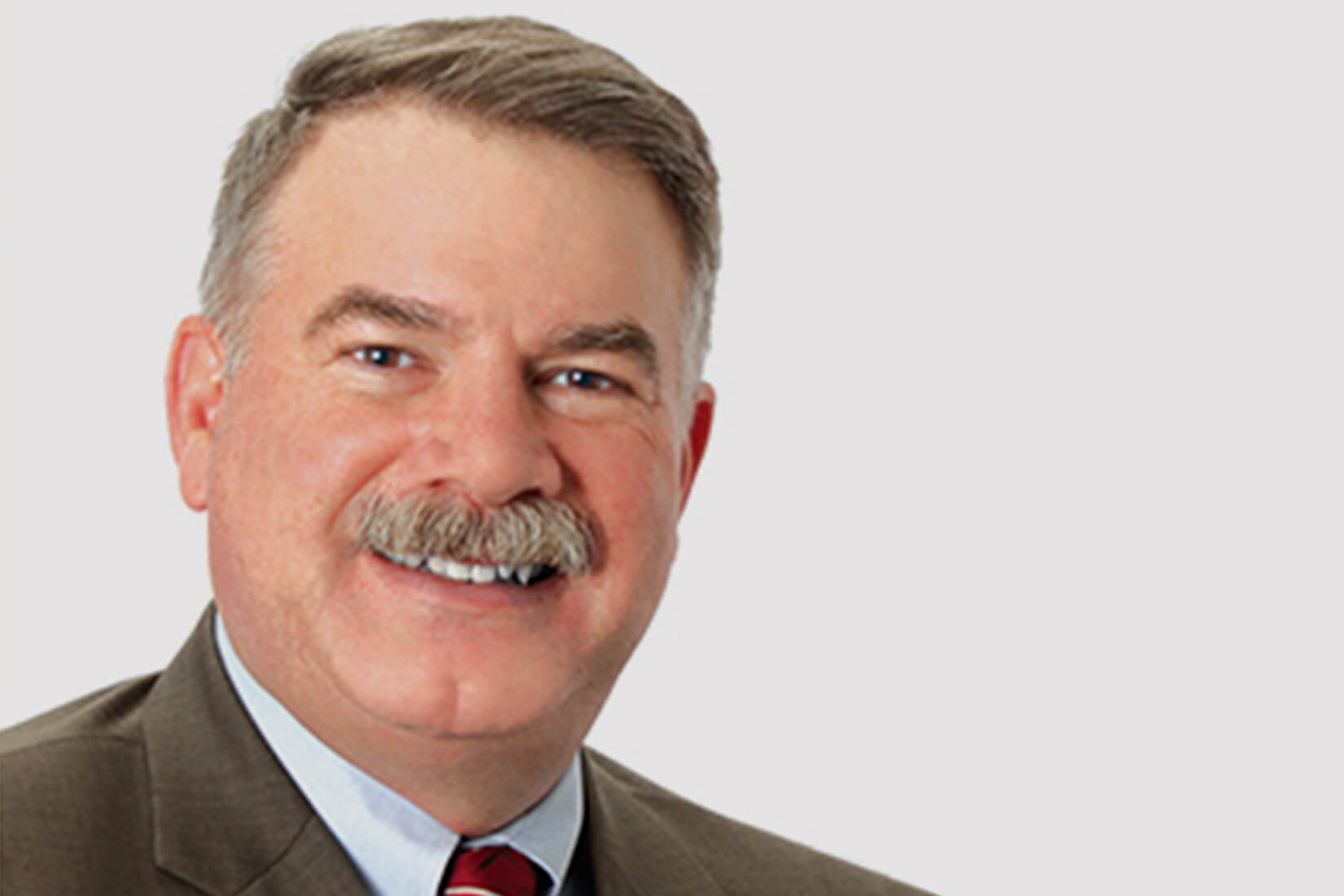
Editor-In-Chief, Chester “Trip” Buckenmaier III, MD, COL (ret.), MC, USA
— The Rev. Martin Luther King, Jr. (1929-1968)
I find this quote by Dr. King particularly poignant as I reflect back on my own career as a federal medicine provider. While I often find myself having difficulty remembering what I did last week, like so many Americans I remember Sept. 11, 2001, with surreal clarity. I was on active duty then, in a training status, finishing my acute pain and regional anesthesia fellowship program at Duke University Hospital in Durham, NC. I watched in the television in dismay and horror with my Duke colleagues as the towers collapsed. I remember the details of my efforts to get back to Walter Reed Army Medical Center to help with the wounded that never came. I vividly remember the look on my wife’s face when I came home, and we both knew we were now a military family in a country at war. I recall standing in line for hours to give blood with many other Americans, all wishing to do something in response to this cowardly attack. My career, like so many others, has been forged and shaped by the events of that day. I think it is fair to say federal medicine has also been reshaped from the events of 9/11, and the story is worth chronicling and remembering.
It is within this context that I wanted U.S. Medicine readers to be aware of the latest addition to the famed U.S. Army, Borden Institute’s “Textbooks of Military Medicine” series titled “Out of the Crucible: How the U.S. Military Transformed Combat Casualty Care in Iraq and Afghanistan,” edited by Arthur L. Kellermann, MD, and Eric Elster, MD. Admittedly, I am completely biased in favor of this text, since I authored two chapters with two soldier/co-authors, both of whom I had the honor of caring for—one in Iraq and one in Afghanistan. These heroes were kind enough to provide the details of their combat injuries as background and context to the medical innovations that were applied in their care.
It is a fact that advances in modern medicine are often born on modern battlefields. Modern medical evacuation, trauma surgery, blood component therapy, among other advances, can trace their roots to medical innovations in time of war. The federal healthcare system during the years of conflict following 9/11 have been no exception to this truth, as the innovations, inventions and new technologies that have contributed to the highest survival rate of combat casualties in military history are now also improving care for all Americans.
The extraordinary accomplishments of America’s military health system during this longest period of military conflict are documented in this unique historical record. Each chapter is written by authors who were there on the battlefield finding solutions to casualty care problems under the most austere and difficult circumstances. These are the success stories that define our culture as federal medicine practitioners and set the standard for those federal medicine providers who will follow in our posterity. In the foreword to the book, the editors write, “Few outside our armed forces, and specialists in trauma and emergency care, understand the magnitude of what was done. Fewer still know how it was done. We compiled this book to bring these accomplishments to a wider audience, told in the words of those who brought it about.”
Personally, I find it intensely gratifying and fulfilling to see the positive response of federal medicine to the depredation perpetrated on this country on 9/11 chronicled in one beautifully rendered and illustrated text. This is a book appropriate for any federal medicine provider’s coffee table. This is our collective history, and the success stories it contains belong not only to the authors but to anyone who works or has worked for the federal medicine system in any capacity.
It is true that we did not make the 9/11 historical event that has shaped federal medicine so profoundly during the past 17 years as Dr. King so eloquently points out. We are certainly responsible for our shared response and the history that response represents. It is a response in the finest tradition of military medicine that we can collectively and justifiably be proud and is worthy of emulation in the next war. It is a response that our leadership and the American public should be aware and this text provides an appropriate vehicle.
